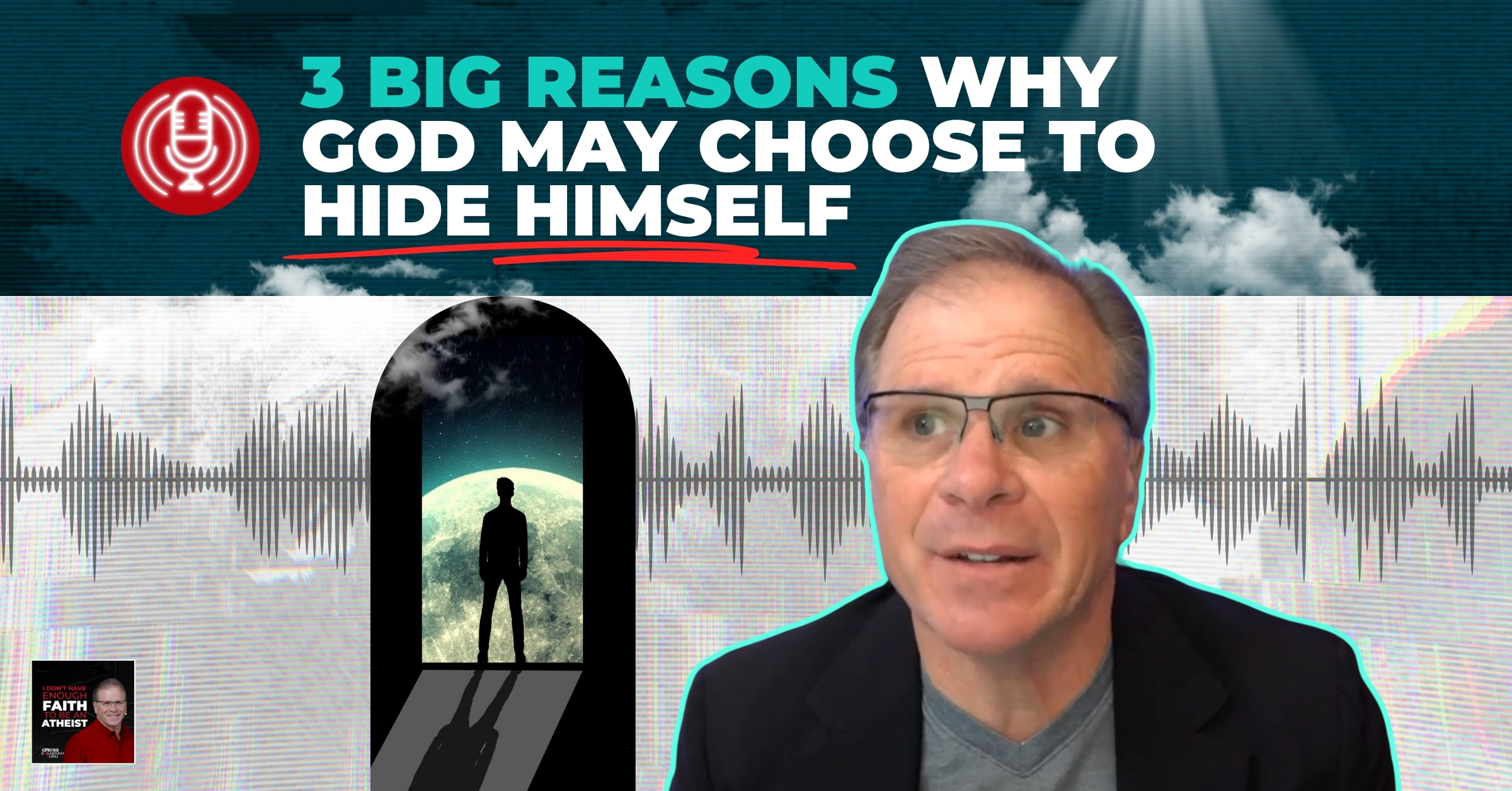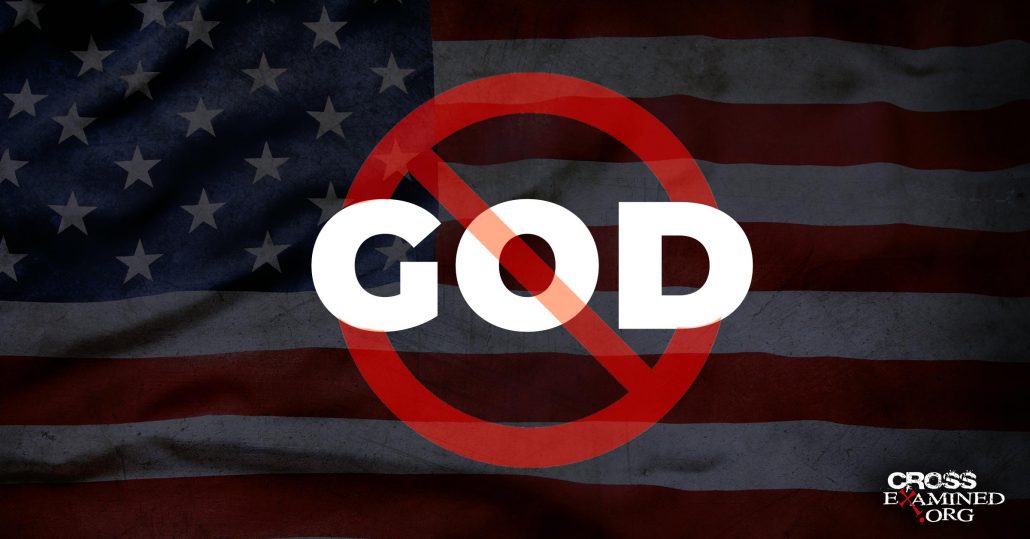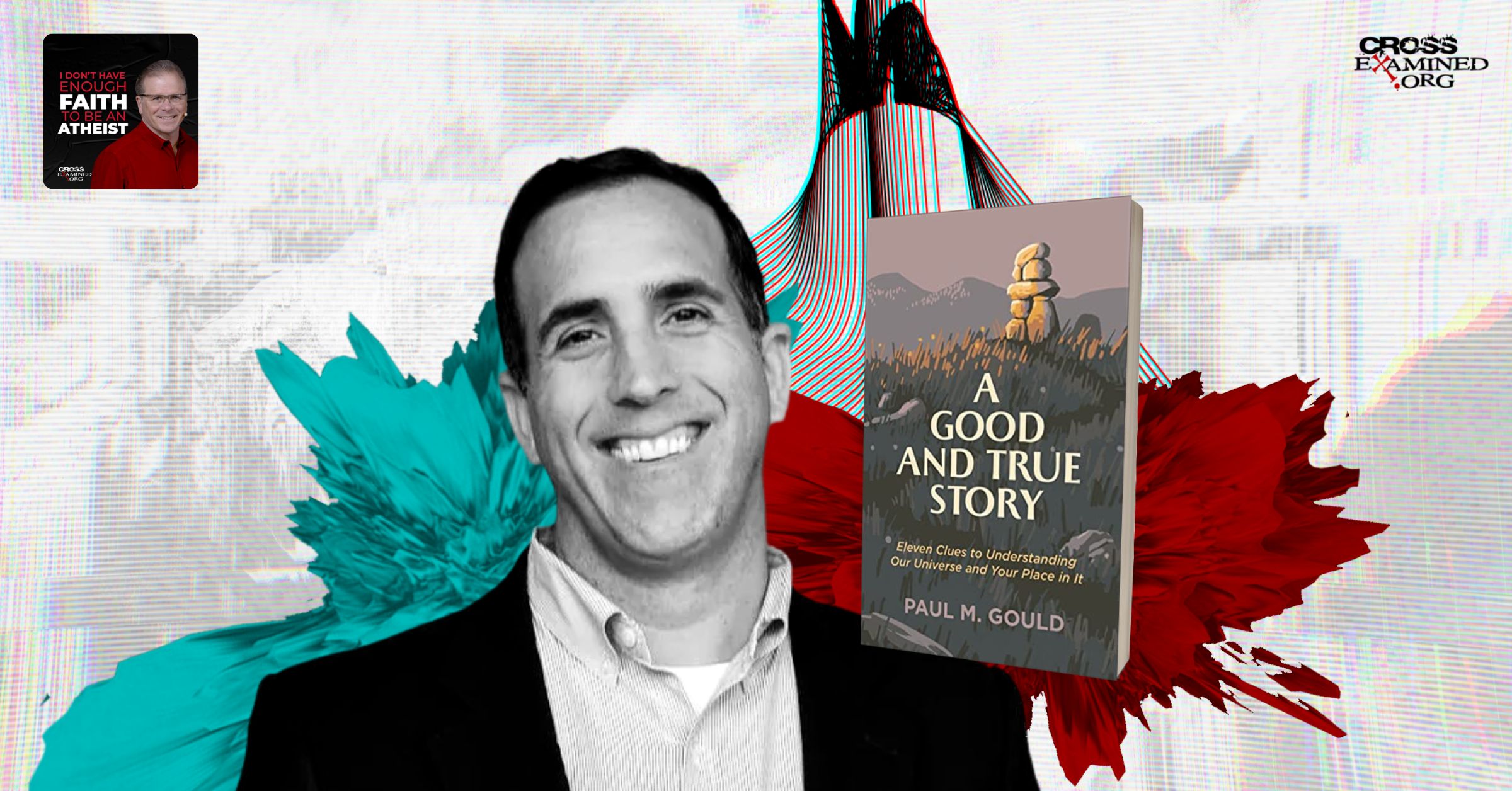Can We Legislate Morality?
Since the 1960s, there’s been a measurable dramatic decline in moral ethics here in the United States. Some would argue that it’s been in a general decline since the dawn of humanity, myself included. However, here in the United States, the phrase “legislating morality” has been brought up more and more. Depending on the generation, many people have not heard this phrase or even understood what it means. Some use it as a cliche term to throw in the face of the person trying to promote certain morals that should be either lawful or not.
I say that similar to the argument of “there is no absolute truth,” saying that we can’t legislate morality is simply self-defeating. Everyone everywhere intrinsically knows right from wrong. Many people would see that it’s obvious to enforce right from wrong lawfully. As Romans 2:15 says, mankind has God’s law written on our hearts. This is also echoed in our Declaration of Independence. Whose morality are we talking about, however? First, it must be established whether morality can and should be legislated at all.
How Can You Even Legislate Morality at all?
The brilliance of the Founding Fathers was that they avoided the inevitable pendulum swing that many governments fall victim to by finding a middle ground. Instead of appealing to religion or a secular government, they appealed to the Moral Law to make their case. They then legislated those laws and unalienable rights in the constitution. What makes this so clever is that it forbids the government from establishing a national religion, but it doesn’t prevent it from establishing a national morality. Their appeal to the Moral Law isn’t confined to just the United States. They’re appealing to an Authority that many cultures and people have appealed to in the past. The Founding Fathers believed these freedoms were morally right and needed to be preserved through legislation. This is literally legislating morality! This is also in the First Amendment. The government cannot establish a state-supported religion and will not force people to practice a particular religion. Unlike the popular political rhetoric we hear, this isn’t meant to shut up religious people.
Spoiler Alert
Nobody needs the Bible to tell them right from wrong. We intrinsically know this. This is why we see cultures have the same appeal to the Moral Law in some form. They didn’t get together and decide this. Separated over thousands of miles, over the span of every continent, without ever communicating, people knew this Law.
Fascinating
However, that doesn’t mean that there won’t be a suppression of this within ourselves. This is where it gets muddy. This doesn’t just go for the far-left secular humanist but also for the extreme right. When making rules around society or individually, we appeal to this Law. But it doesn’t always mean it’s black and white. There are some people who want to enact Old Testament law in the United States. On the other extreme, secular humanists want to restrict any religion at all in our country. They want to take away any appeal to a Higher Being. Both are in error.
What should be legislated is Moral Law.
These self-evident truths agree with many biblical principles because of their common source— God. The purpose isn’t to create a Christianized country. The point is to create a moral one. This then spirals into a question about who’s morals. Is the individual supposed to decide for themselves what’s right or wrong? Or are we to appeal to a standard higher than our own? This is a core issue in this debate.
The thing is that without God? All we have left is self.
As history has shown, establishing a divine rule by force over non-believers doesn’t work and is quite damaging. The same idea applies to forcing people to abandon their moral compass for vices. Secular Humanism reinforces the desired authority of the “self.” As Natasha Crain has said in her book Faithfully Different, feelings are the ultimate guide, happiness is the ultimate goal, judging is the ultimate sin, and God is the ultimate guess. For example, this is why when we debate with someone pro-choice, they can’t ultimately say when life begins or what exactly is in the mother’s womb. They must appeal to the subjective perspective of the mother and say it’s up to her to decide what it is. Ultimately, they must suspend truth and reality to be consistent with secular humanism.
Right and wrong are not determined. It’s discovered. The Moral Law is self-evident, but people have a way of suppressing this when it interferes with their own desires. As discussed, when our country was founded and the Declaration of Independence was written, Thomas Jefferson appealed to the Moral Law. This avoids the intolerance of a highly religious government and the moral relativism of a secular government. It’s clear to see which way the pendulum is swinging in our country and why the appeal to the Moral Law that our country was based on is the obvious answer. This only works if people actually follow these rules.
The Moral Law is not an invented morality but an inherited one. If we take away this Law, there is no objective standard. In other words, relativists don’t really have “morality.” Morality is doing what’s right, not what someone finds desirable to their life or situation.
Recommended resources related to the topic:
Legislating Morality: Is it Wise? Is it Legal? Is it Possible? by Frank Turek (Book, DVD, Mp3, Mp4, PowerPoint download, PowerPoint CD)
Is Morality Absolute or Relative? by Frank Turek (DVD/ Mp3/ Mp4)
____________________________________________________________________________________________________________________________________________________
Melissa Dougherty is a Christian Apologist best known for her YouTube channel as an ex-new ager. She has two associate’s degrees, one in Early Childhood Multicultural Education, and the other in Liberal Arts. She is currently pursuing her bachelor’s degree in Religious Studies at Southern Evangelical Seminary.











